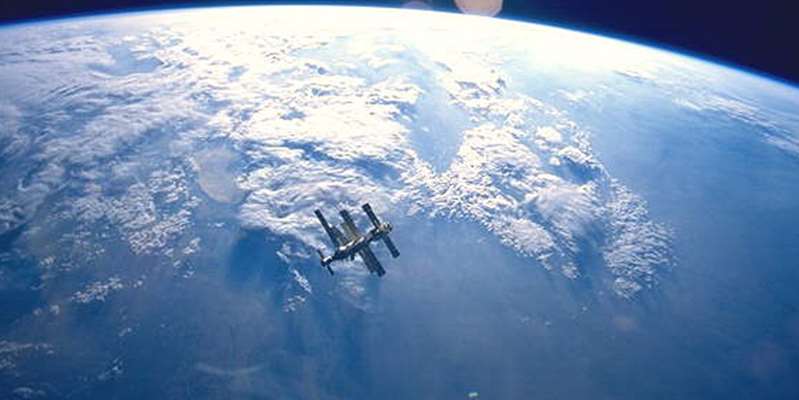
Microbes unknown to science found on ISS
Researchers in the United States and India took samples from various locations on the International Space Station and found four strains of bacteria. Three of them turned out to be completely new to science, according to Frontiers in Microbiology.
All four strains belong to the family of bacteria found in soil and fresh water. They are involved in nitrogen processing and plant growth, and can fight dangerous pathogens. It clarifies that samples were taken from the top panel of research stations, in the dome, on the surface of the dining table and from an old film returned to Earth in 2011.
One strain (from the filter) was identified as a known species called Methylorubrum rhodesianum. Scientists sequenced the other three and found that they belong to the same, previously unidentified species. They were named IF7SW-B2T, IIF1SW-B5 and IIF4SW-B5.
The new species was proposed to be named Methylobacterium ajmalii in honor of Ajmal Khan, a famous Indian scientist. The researchers explained that microbes are necessary to grow plants in extreme conditions, such as on the ISS.
The team performed genetic analysis of four strains to find genes that promote plant growth. In the future, they intend to compare microbes from the ISS with terrestrial counterparts.
It is already known that one of the strains (IF7SW-B2T) has promising genes. One of them is associated with an enzyme necessary for a cytokine, a substance that promotes cell division in roots and shoots.
Scientists intend to continue testing. The ISS has already collected about a thousand new samples that await return to Earth.
Earlier it was reported that it was possible to grow microorganisms in the Martian soil. This proves that life could exist on the Red Planet.

